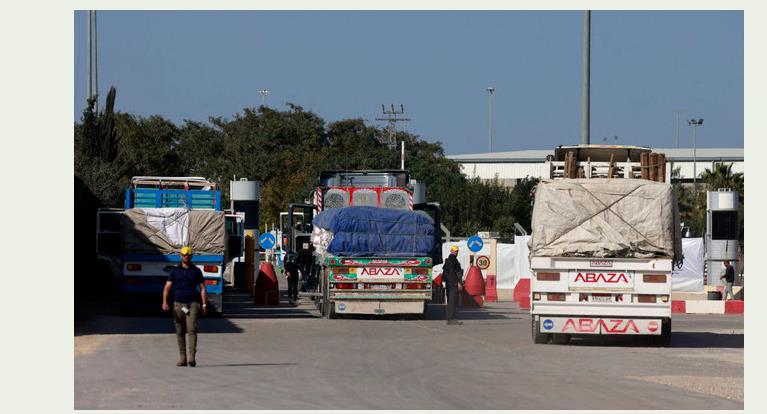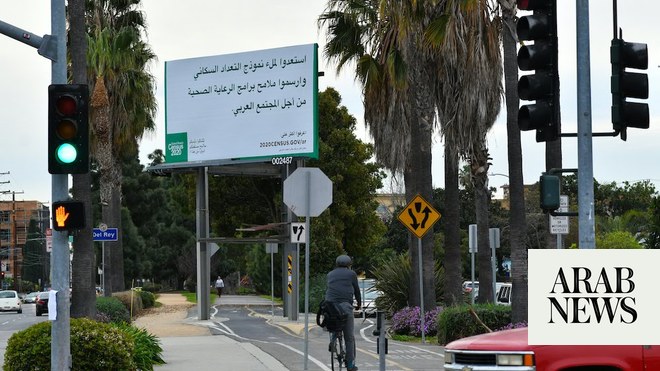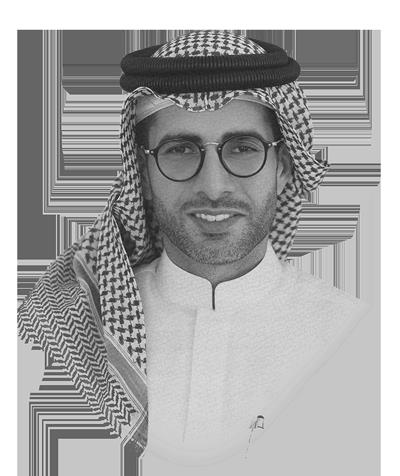
Outgoing US Ambassador to the United Nations Nikki Haley revealed on Tuesday some details of an American Middle East peace plan, saying that it “takes advantage of the new world of technology that we live in.”
She said Palestinians and Israelis, as well as countries around the world have a choice: focus on the parts they dislike, which she said means returning "to the failed status quo of the last 50 years," or focus on parts they like and encourage peace negotiations to move forward.
Haley, who said she has read the plan, told the UN Security Council that "both sides would benefit greatly from a peace agreement, but the Palestinians would benefit more, and the Israelis would risk more."
However, she gave no details of exactly what was in the long-awaited, unpublished plan, which has been prepared by US President Donald Trump’s son-in-law Jared Kushner and dubbed “The Deal of the Century” by the president.
“It is much longer. It contains much more thoughtful detail. It recognizes that realities on the ground in the Middle East have changed in powerful and important ways.”
The Palestinians are skeptical and have accused the Trump administration of siding with Israel on the core issues relating to the decades-old conflict. They have refused to participate in the US effort since December 2017 when Trump recognized Jerusalem as Israel’s capital and moved the US embassy there.
“The Palestinians have everything to gain by engaging in peace negotiations,” Haley said. “This plan will be different from all previous ones. The critical question is whether the response to it will be any different.”
She also accused Arab countries of not making the Palestinian people a priority: “Because if they were, you would all be in a room helping bring both sides to the table.”
Haley said moving forward to negotiations and peace "will need leaders with real vision to do it." She declared: "The world will be watching."
It was Haley’s last appearance at the monthly Security Council meeting on the Middle East. For the past two years she has generally used the meeting to target Iran over US accusations that it is meddling in the region.
Haley will step down at the end of the year. Trump has nominated US State Department spokeswoman Heather Nauert to replace her.
Immediately before the meeting, eight European Union members stood outside the Security Council chamber and read a joint statement emphasizing the EUs "strong and continued commitment" to the internationally agreed requirements for Israeli-Palestinian peace — an apparent message to the Trump administration.
"The EU is truly convinced that the achievement of a two-state solution based on the 1967 borders with Jerusalem as the capital of both states, that meets Israeli and Palestinian security needs, and Palestinian aspirations for statehood and sovereignty, ends the occupation and resolves all final status issues ... is the only viable and realistic way to end the conflict and achieve just and lasting peace," the statement said.
Haley made no mention of any of these issues in her speech, stressing instead the "unshakable bond" between the United States and Israel, which she has reflected in her nearly two years as US ambassador.
"Given my record, some might mistakenly conclude that I am unsympathetic to the Palestinian people," she said. "Nothing could be further from the truth."
Haley said neither Israelis nor Palestinians should make peace at "any price" but she highlighted the differences between the two sides.
"Israel wants a peace agreement but it does not need one," she said.
On the other hand, Haley said, the Palestinian people "are suffering terribly, while their leadership clings to 50-year-old demands that have only become less and less realistic," and a peace agreement holds the prospects "of a massive improvement in the quality of their lives and far greater control over their political future."
Nikolay Mladenov, the UN Mideast envoy, told the council he "remains concerned by the weakening of international consensus and the absence of collective efforts to achieve an end to the (Israeli) occupation and the realization of a negotiated two-state resolution of the Israeli-Palestinian conflict."
British UN Ambassador Karen Pierce welcomed Haley’s remarks as confirmation that a US peace plan is ready.
European countries have been long been pushing Washington to release its peace plan. Swedish UN Ambassador Olof Skoog lamented to the council on Tuesday that “hopes are evaporating with no peace process in sight.”
Washington has spoken with Israel about presenting the plan at the start of next year, Israel’s UN envoy has said.












